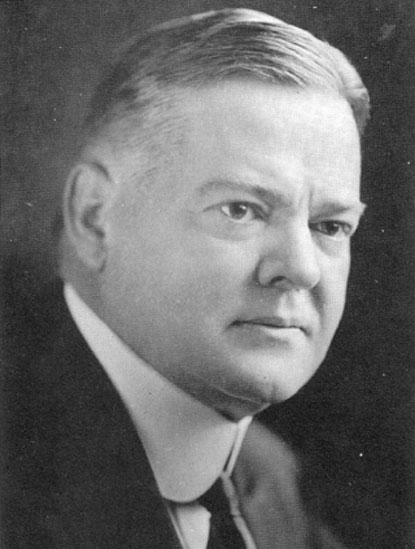
Wall Street has finally caught up with Main Street -- and Frontage Road. On Wednesday, the Dow officially slipped into a bear market, closing at 20 percent below its peak.
While President Bush continues to toss around such euphemisms as "rough patch" and "tough times," most Americans have clearly felt the effects of a recession--a "bear economy"--for the past few months. The question now is whether we are facing something far worse.
When does a bear economy become unbearable?
The disastrous results of the foolhardy policies of the administration of George W. Bush have now become as apparent in the domestic economy as they have long been in foreign and military affairs.
 What to call economic collapses has been a matter of political damage-control at least since Herbert Hoover referred to the collapse that began in 1929 as a "depression" in order to avoid the frightening word used for earlier economic collapses, panic.
What to call economic collapses has been a matter of political damage-control at least since Herbert Hoover referred to the collapse that began in 1929 as a "depression" in order to avoid the frightening word used for earlier economic collapses, panic.
Eight years later, when the still-depressed economy took a new nosedive, Franklin D. Roosevelt referred to it as a recession in order to avoid Hoover's euphemism, which had become almost as toxic as panic.
In addition to giving us the words most often used to describe economic hard times, Presidents Hoover and Roosevelt also presented us with vastly different approaches to such calamities.
Mr. Roosevelt, a pragmatist, called for "bold, persistent experimentation." FDR famously proclaimed: "It is common sense to take a method and try it; if it fails, admit it frankly and try another. But above all, try something."
For his part, Mr. Hoover had no need for experiments; like George W. Bush today, Hoover knew he was right. His basic approach can accurately be paraphrased as: Take the method and try it. If it fails, deny its failure and try it again. If it still fails, try it again... and again... But above all, keep trying the same thing.
The difference boils down to this: Bold, persistent experimentation vs. bold persistence.
We can see a similar difference between the 2008 presidential candidates.
When it comes to tax cuts for the richest Americans and the Bush economic policies in general, John McCain, who has admitted ("The issue of economics is not something I've understood as well as I should" -- December 2007) and denied that he admitted ("I have not" said that -- July 2, 2008) that he knows little about economics, joins with the current president in choosing Mr. Hoover's bold persistence in continuing the failed methods, while Barack Obama opts for Mr. Roosevelt's course of bold, persistent experimentation and trying something else.
It is, it would seem, as FDR indicated, common sense to follow the popular maxim: When you find yourself in a deep hole, stop digging.
Pete Seeger may have given us the best way to refer to the economic -- and war -- policies advocated by Mr. Bush and Mr. McCain when he sang, in reference to the Vietnam War: "Waist deep in the Big Muddy / And the big fool says to push on."
Call it what you will, this rough patch has certainly seen the economy recede and it is very depressing. And one of the presidential nominees wants to stay on the same course.
Panic, anyone?
Historian Robert S. McElvaine is Elizabeth Chisholm Professor of Arts & Letters at Millsaps College. His latest book is Grand Theft Jesus: The Hijacking of Religion in America ![]() . A 25th anniversary edition of his book Down and Out in the Great Depression was published earlier this year by the University of North Carolina Press. A 25th anniversary edition of his book The Great Depression: America, 1929-1941 will be published by Three Rivers next year.
. A 25th anniversary edition of his book Down and Out in the Great Depression was published earlier this year by the University of North Carolina Press. A 25th anniversary edition of his book The Great Depression: America, 1929-1941 will be published by Three Rivers next year.
